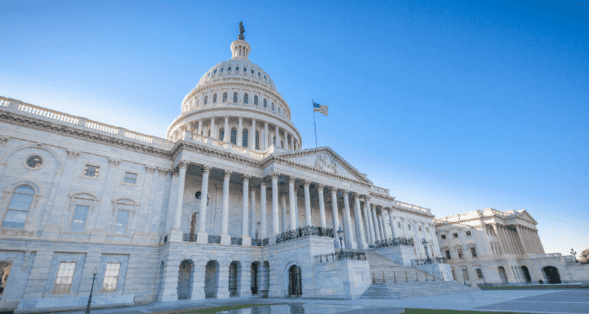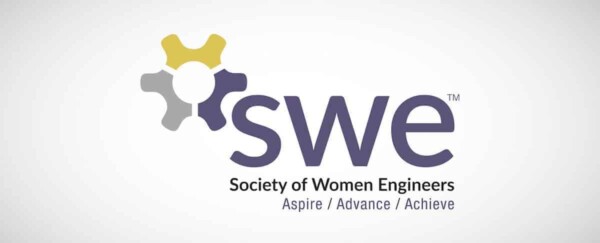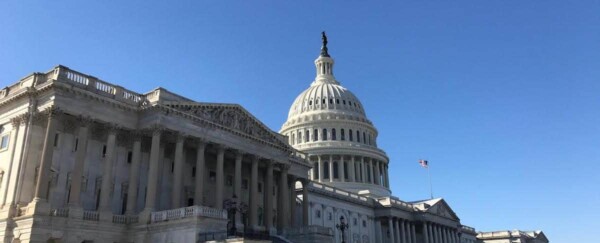At the end of 2018, the Society of Women Engineers (SWE) submitted a formal comment in response to the Department of Education’s request for public comments on the proposed guidance regarding how to implement Title IX. In that comment—one of over 120,000—SWE raised concerns about the regulations benefitting institutions rather than decreasing barriers for those who report sexual harassment. Now, in May of 2020, the Department of Education has finally released its final rule for implementation of the Title IX law for universities and K-12 schools. The final rule, which is over 2000 pages long, poses many of the same concerns as the proposed guidance regarding barriers to justice for survivors of sexual discrimination and sexual harassment attending or employed at institutions of higher education; it will likely be opposed by several states attorneys general, civil rights organizations, and groups concerned about providing women and girls safe and equitable supports in school and at work.
For reference, the U.S. Department of Education’s Office for Civil Rights (OCR) is charged with enforcing Title IX of the Education Amendments of 1972 (commonly referred to as Title IX), which protects people from discrimination at institutions that receive federal financial assistance from ED. The new rule is the first in two decades published by OCR to go through a formal notice-and-comment process and will have the force of law behind it. The final rule is scheduled to take effect on August 14, 2020, and at that time schools and universities will be required to comply.
The final regulation permits live hearings and cross-examinations of survivors by and with the accused student, which continues to trouble advocates. Federal guidance under the Obama administration discouraged cross-examination of complainants, for fear it could be used to suppress accusations, but the new guidance from the Trump administration would require colleges to allow it. Among other issues, advocates are also concerned that if a student reports an incident to the wrong employee, such as a coach or an advisor, the allegation may never be heard and the university may not be required to respond. As reported by ESPN, “the new regulations give colleges and universities discretion in deciding whether coaches and other employees, such as staff and faculty, must report allegations to the Title IX office, stating that this is “respecting the autonomy of students” who might not want their information shared or to initiate a formal investigation.” Hence incidents like the Larry Nassar scandal at Michigan State University may never come to light under the new rule as coaches would no longer be mandatory reporters. All employees at K-12 schools are still considered mandatory reporters.
House and Senate staff negotiating changes to reauthorize the Higher Education Act will likely be further delayed by this rule, although in light of emergency legislation needed to address the COVID-19 pandemic, it is increasingly less likely that any reauthorization will happen this year anyway.
The National Women’s Law Center (NWLC) plans to release a toolkit for advocacy in the near future that lists the differences between the proposed guidance and the final guidance soon. This blog by NWLC post lays out some of the issues for advocates in lay terms. This article by Inside Higher Education provides more in-depth analysis of the changes. Additional concerns include schools being permitted to use a higher bar of proof under a clear and convincing evidence standard that favors the accused, schools being able to hide that they have a religious exemption to enforcing Title IX, and colleges not being obligated to respond to reports of sexual harassment that occur off-campus if the location is not used by an officially recognized student or institution organization (such as recognized fraternity or sorority housing or athletic housing). Individuals wanting more information about their rights under Title IX may also wish to consult KnowyourIX.org.





